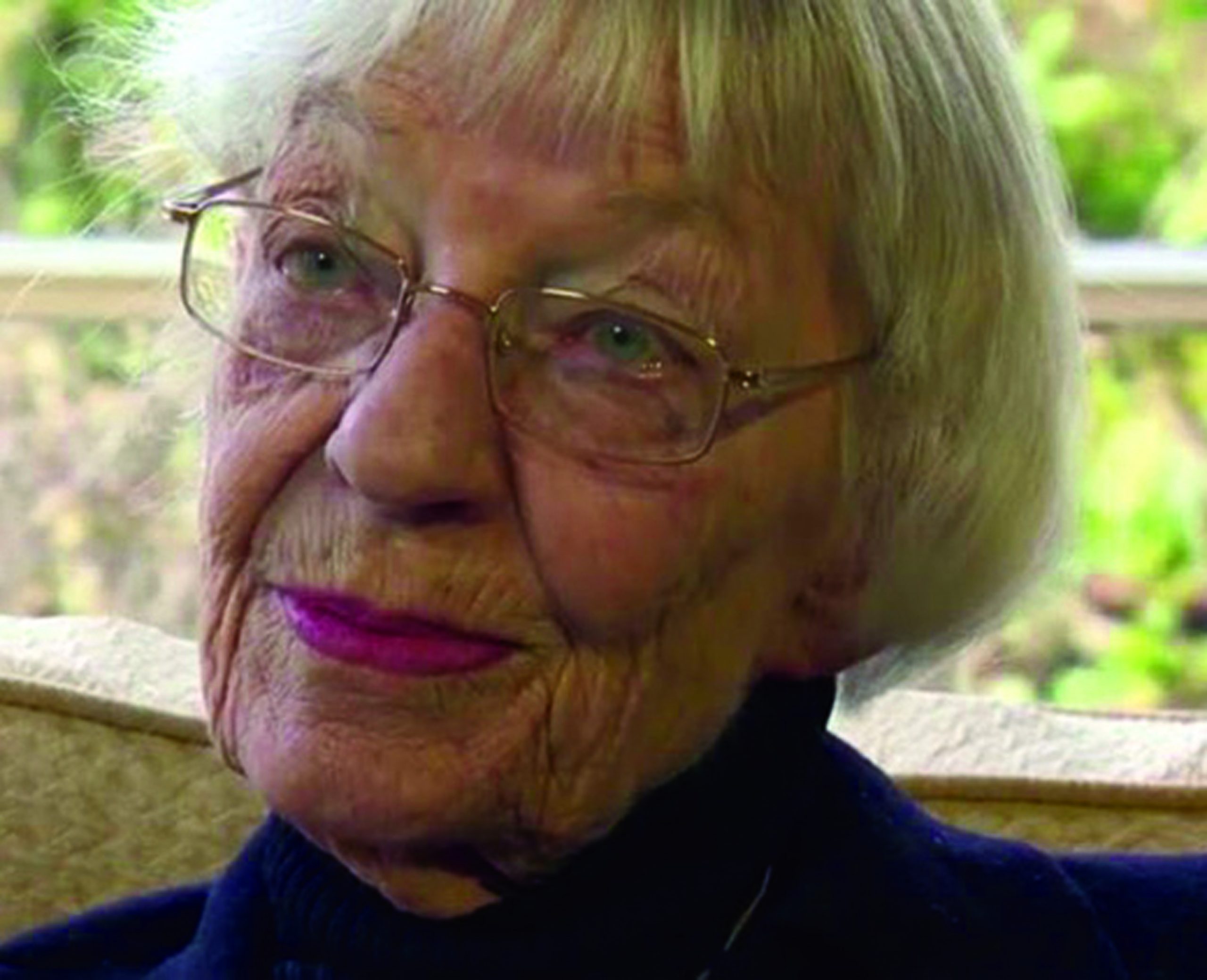They were two women who defined, and in some cases became emblematic of, the treatment of mental illness, though opposite in every way. One was a career scientist obsessed with how the human brain works; the other an author who found her life’s meaning only after publishing her memoir at the ripe old age of 27. One lived a long and full life out of the public eye, dying so quietly that her passing was not even mentioned in the media until months later; the other, arguably, craved and needed the world’s attention and, dying young, commanded the headlines.
Dr. Heather Ashton, who died at the age of 90 in her home in England in September, tirelessly researched benzodiazepines such as Xanax and how they were used and abused in the treatment of depression. Elizabeth Wurtzel, author of Prozac Nation: Young and Depressed in America, which brought mental illness to the forefront of popular discussion and exposed an epidemic of sadness taking root among Generation X in the mid-1990s, died this week of cancer. She was 52.
Wurtzel took a chance publishing her debut memoir back in 1994, both because it was rare to see a memoir from someone so young and, as yet, unknown, and because it was the first glimpse many had into the sometimes-twisted world of mental illness and, specifically, depression. Wurtzel’s book pulled the curtain back on the struggles of so many, particularly among her generation, and contributed markedly to eliminating the stigma around mental illness and its treatment.

Gen Xers, according to the British medical journal Lancet, are diagnosed with clinical depression at a rate three times that of previous generations, but researchers say that’s not because they’re suffering more. It’s because they’re seeking treatment, seeing therapists, and taking drugs such as Prozac — and that’s in part because Wurtzel was so candid, for better or worse.
“Elizabeth Wurtzel didn’t just change the memoir game,” Lindsey Adler of the Athletic wrote in a tweet this week. “She helped brush back the stigma of psychiatric treatment for mental health issues. Her work did important things and yet, she wasn’t always taken seriously because of those issues. She suffered for her candor.”
Indeed, Wurtzel was roundly mocked for her confessional style, even though she was also widely copied. Her dark prose came to define a certain profile of Generation X — one not always so flattering. Eventually, even Wurtzel criticized herself in a 2013 piece for the New Yorker. But that didn’t make her any less iconic.
After publishing several other books, including collections of her essays and a follow-up to her memoir, Wurtzel attended Yale Law School. She graduated with her J.D. in 2008 but continued writing rather than practicing law. She announced that she’d been diagnosed with breast cancer in 2015 in her signature way: Cancer, she said, “like many things that happen to women is mostly a pain in the ass. But compared with being 26 and crazy and waiting for some guy to call, it’s not so bad. If I can handle 39 breakups in 21 days, I can get through cancer.”
She passed away from complications from metastatic breast cancer on Jan. 7.
Across the pond, Ashton struggled with the fallout from the steep increase in depression diagnoses, helping those who found solace in medications such as Xanax manage the long-term consequences of the drug, including dependence and addiction.
She led a withdrawal clinic, reportedly treating and studying patients who struggled with the drugs and tailoring drug schedules and treatment programs with such precision that her work formed the foundation for how depression patients, such as Wurtzel, are treated today. She also helped to modernize prescribing practices for antidepressants, helping to ensure fewer people who have mental illness also deal with addiction.
“Her work both honored her patients and turned out to be more helpful than any randomized, controlled trial,” Dr. Anna Lembke, the head of Stanford’s Addiction Medicine Dual Diagnosis Clinic, told the New York Times.
And Ashton is still at work, despite passing away. She discovered that patients who used and abused benzodiazepines were more likely to abuse opioids, and she created one of the first road maps for treating opioid dependence — a modern American crisis.
“Basically, we now recommend using the same kind of interventions that are used to address the opioid crisis to address the benzodiazepine overprescribing crisis,” Lembke went on. “Dr. Ashton was the vanguard of that change.”
Her work may have very well helped Wurtzel’s contemporaries, helping to create a safe and well-researched landscape for treating their illnesses just as the need was greatly expanding, thanks to Wurtzel’s candor. Together, the pair helped to evolve the diagnosis, treatment, and acceptance of depression. And together, the pair revolutionized the world for those who have mental illness, each making it, in their own way, safer.
Emily Zanotti is the senior editor of the Daily Wire.
